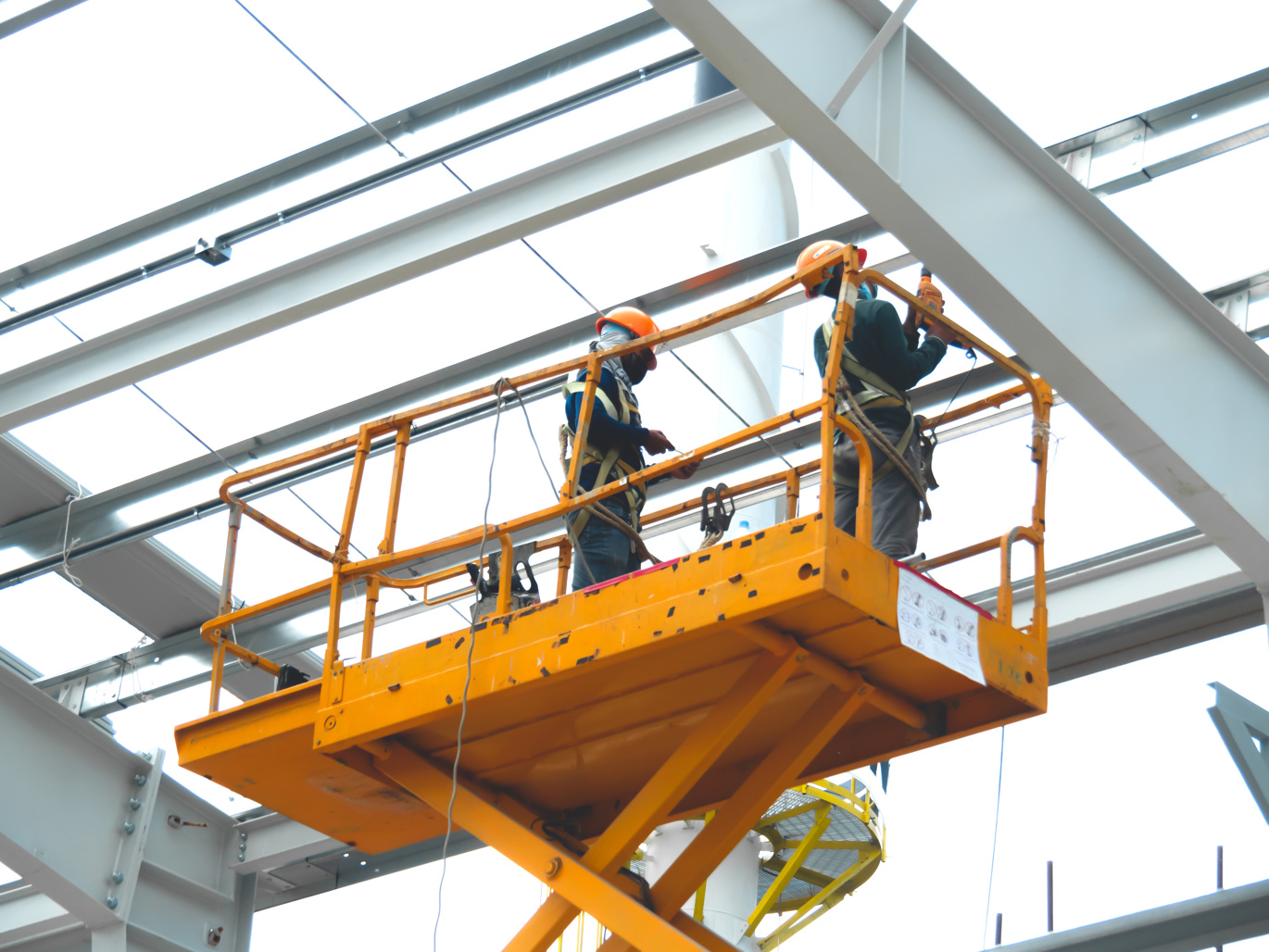Lifting Equipment Inspections
Owners of workplace lifting equipment must ensure it is compliant with LOLER (Lifting Operations and Lifting Equipment Regulations 1998).
These regulations specify the safe use and maintenance of lifting equipment in the workplace, including routine LOLER inspections. All lifting equipment under LOLER is subject to ongoing, thorough examination. Frequencies of these inspections will vary between equipment types.
Our LOLER Inspection Services
At ISI, we offer comprehensive and impartial LOLER inspection services for a wide client base. Our experienced team will first survey your site and plant list, then schedule an inspection of the applicable equipment. Our thorough examinations will certify that your lifting equipment is safe for its intended use and compliant with health and safety regulations.
You will be given the opportunity to sign up for a set service contract with a regular schedule. We will manage your LOLER inspection schedule for you, notifying you ahead of time when visits are due to ensure you are always compliant. We can also offer guidance on best practices for daily, monthly, and quarterly checks, which can be carried out by your own competent staff if trained to do so.
Benefits of Choosing ISI for LOLER Inspections
- Statutory plant survey to identify inspection requirements (for an agreed fee)
- No-obligation quote for the identified LOLER inspection requirements
- Inspection service contract & schedule
- Lifting equipment & lifting accessories inspections by friendly, professional engineers, by appointment
- Free impartial advice by phone
- Immediate feedback for serious defects
- Summary & review of any queries arising from the inspection at the end of the visit
- Written reports by email or via our online reporting system
- Passenger lift inspection & lift certification
LOLER Inspection: What Lifting Equipment Is Included?
A LOLER inspection or thorough examination (Regulation 9) must be completed on all lifting equipment to comply with LOLER and wider Health and Safety regulations.
LOLER defines lifting equipment as any equipment used at work for lifting or lowering loads. This includes attachments for anchoring, fixing, or supporting the equipment.
The test regulations cover a wide range of lifting equipment, including:
- Overhead cranes
- Forklift trucks & pallet trucks
- Goods lifts & passenger lifts
- Hoists
- Mobile elevating work platforms
- Vehicle inspection platform hoists
The definition of equipment requiring lift certification also includes lifting gear testing, and accessories such as chains, slings, and eye bolts. We also offer specialist crane inspection services and crane safety testing under LOLER and PUWER.
LOLER does not include escalators. Escalators have their own rules under the Workplace (Health, Safety, and Welfare) Regulations 1992.
You can find a full list of items requiring LOLER thorough examination / inspection on our Equipment Safety Checklist page.

Frequently Asked Questions
What are the 3 main principles of LOLER?
The three main principles of LOLER are suitability, strength and stability, and thorough examination.
Is LOLER a legal requirement?
Yes, employers have a legal responsibility to provide a safe working environment and LOLER comes into effect if lifting equipment is used in the workplace. LOLER inspection compliance is enforced by the Health and Safety Executive (HSE).
How often should lifting equipment be inspected?
LOLER requires that lifting equipment undergoes regular thorough examinations. The frequency of a LOLER inspection depends on the type of equipment and its usage. Generally, they are carried out at least every 6 to 12 months.
Can you carry out your own LOLER inspection?
No, a LOLER inspection must be a thorough examination carried out by an independent and impartial assessor, such as ISI. Daily, monthly, and quarterly checks can be conducted by competent in-house staff. See our Lifting Operations Compliance blog for more details.
